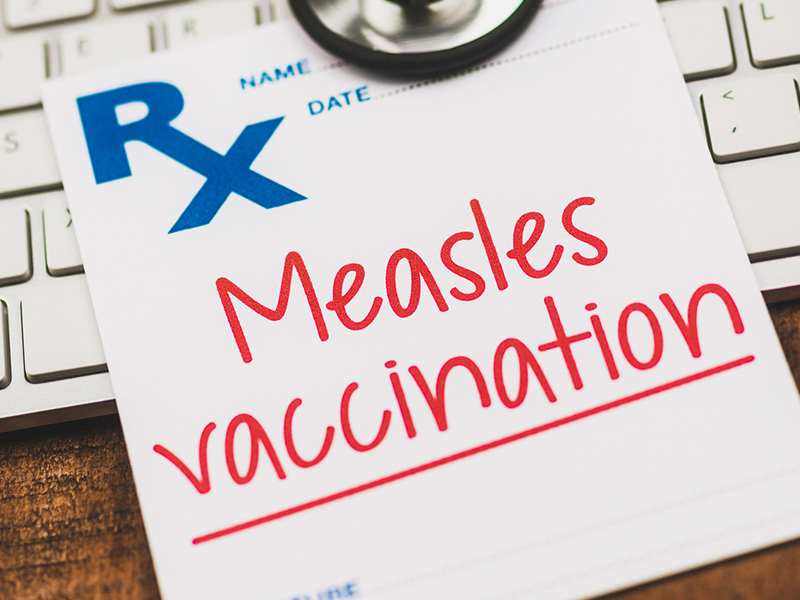Travel will be at an all-time high with the summer holidays approaching soon. But with new cases of measles being reported every day in Canada and across the US and Europe, it has caused questions and concern among many Canadian travellers, especially parents.
News of the outbreak in Europe first broke last week when WHO reported over 500 cases of measles in January 2017 alone (the majority of the cases are reported from countries like France, Germany, Italy, Poland, Romania, Switzerland and Ukraine). In Canada, the first case of travel-related measles was confirmed in Nova Scotia on March 20th, 2017 and since then, that number has increased to 13 as of last week. On March 31st, Toronto Public Health issued a health notice for potential public exposure when it was feared that a Westjet employee might have exposed passengers on 7 different flight routes.
Travelling soon? Protect yourself and your family from measles
When it comes to travel risks, measles may not be on your mind, but the disease is highly contagious and can spread very easily through coughing and sneezing.
Measles is quite common in many countries, so when you travel abroad (or even cross the border), your chances of being exposed are higher. But even if you don’t travel overseas, you can still be exposed within Canada from someone who was infected while travelling.
Did you know that measles lingers in the air and can infect non-immune people even two hours after an infected person leaves the room? See some of the reasons as to why measles is considered the most contagious of the infectious diseases. Canada’s Chief Public Officer is warning Canadians to get their vaccinations up-to-date to avoid a global measles outbreak.
#Measles circulates in many parts of the world and is highly contagious. Update your #vaccinations before you travel.
— Dr. Theresa Tam (@CPHO_Canada) April 4, 2017
Measles vaccination and prevention tips
Travellers who aren’t vaccinated are the most at-risk for getting measles and bringing it to Canada, especially from their international travels. Apart from unvaccinated adults, pregnant women and children under age 5 are also at risk since they can suffer severe complications if infected by the disease.

Since measles can’t be treated, the best way to prevent it is by making sure that your vaccinations are up-to-date. If you’re travelling abroad, start by educating yourself about your destination’s vaccination requirement. Check with your family doctor or pediatrician and make sure that you and your children (including infants) are not under or un-immunized. For more information, see the Government of Canada’s recommended routine vaccine schedule.
Apart from vaccination, travellers can keep some safety tips in mind to prevent measles when travelling:
- Follow hygiene habits and wash your hands often or carry hand sanitizers
- Avoid touching your eyes, nose or mouth or do so with clean hands
- Practice cough and sneeze etiquette – cover your mouth and nose with your arm, especially when travelling on airplanes
- Avoid close contact or sharing utensils with sick people
Don’t forget to carry travel insurance with you. Emergency Medical Insurance can protect you from expenses related to medical expenses like doctors’ visits, prescriptions or hospitalization abroad. Find out what to look for in a comprehensive travel medical insurance plan as well!
 |
